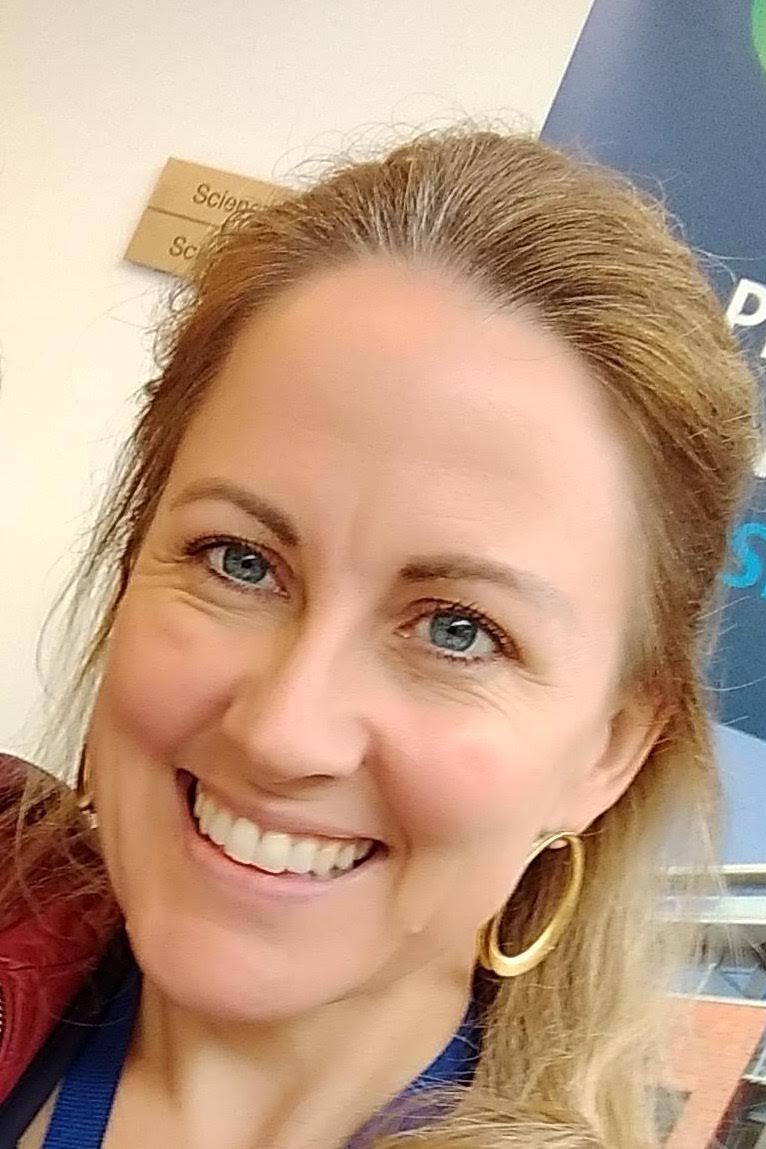Robin Chang and Meg Holden discuss how the Covid-19 situation has disrupted teaching and learning practices in urban research, deepening existing and exposing new inequalities. They consider in particular the short and long term implications of on-going restrictions for experiential learning, what this means for urban research methods, drawing on concepts like discomfort and positing a notion of an ethics of experience.
Our guests:

Robin A. Chang
Robin is PhD Researcher and Instructor in the School of Spatial Planning at the Technical University of Dortmund in Dortmund, Germany. Her comparative research investigates temporary and adaptive uses through a complexity lens on urban and industrial lands in Germany and the Netherlands. As a Canadian based in Germany, she also combines her research and teaching interests with cross-cultural experiences in British Columbia and Metro Vancouver, her original home and professional planning context.

Meg Holden
Meg is Director of the Urban Studies Program and Professor of Urban Studies and Geography at Simon Fraser University in Vancouver, Canada. Her work focuses on pragmatic approaches to sustainable urban planning, policy and everday life.
Key literature:
Esteve Corbera, Isabelle Anguelovski, Jordi Honey-Rosés & Isabel Ruiz- Mallén (2020): Academia in the Time of COVID-19: Towards an Ethics of Care, Planning Theory & Practice, DOI: 10.1080/14649357.2020.1757891
Holden, Meg; Chang, Robin; and Gunderson, Rebecca (2019): Resilience and Pedagogy. Learning From International Field Studies in Urban Resilience in Canada and Germany. In Cities and the Environment (CATE) 12 (1). Available online at https://digitalcommons.lmu.edu/cate/vol12/iss1/2, checked on 3/19/2019.
Mezirow, J. 1991. Transformative Dimensions of Adult Learning. San Francisco, CA: Jossey-Bass.

